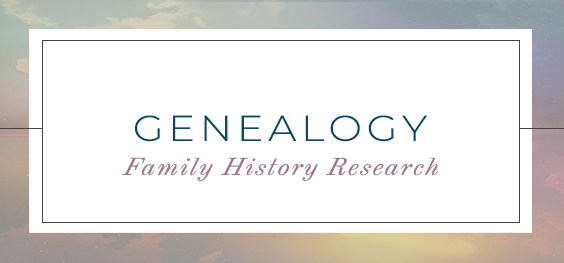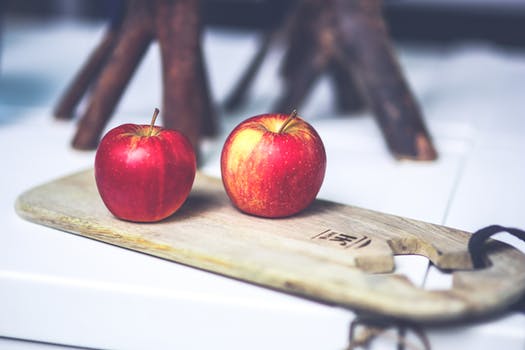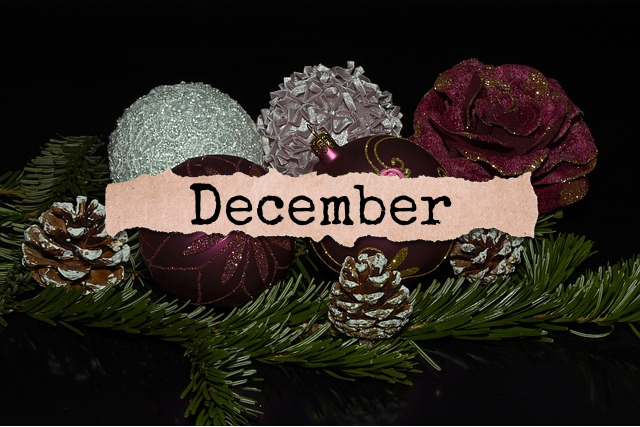*Better late than never! Shout-out to my fellow moms who are 50 and still have an elementary schooler at home. Well, no more of that for me! As of May 22, my daughter has leveled up to the ...

a wicked geeky New Englander in Nebraska
This is my blog about genealogy, cross-stitch, home and garden, some politics, and Witchcraft, among other things.
This is also the home of my LGBTQIA pen names, Jea Hawkins and Lucy True.

*Better late than never! Shout-out to my fellow moms who are 50 and still have an elementary schooler at home. Well, no more of that for me! As of May 22, my daughter has leveled up to the ...

Most months, I'm so busy that I look forward to my "nothing weekends". There aren't enough of them lately. April originally had only one "nothing weekend" - which is better than none - but then ...

I mean, really belated. It's already the end of March and my main focus this year has been undermining our fascist government. ✌️ Oh, and I changed positions at work at the end of last August, and ...

Today, we're looking at my fourth and final set of great-grandparents. As far as my maternal side goes, these are the folks I know the most about, as well as the Italian side I'm researching most ...

Now we're going to look at what is, perhaps, the most "controversial" side of my family. For my maternal grandfather's entire life, we believed his father was Herbert Benjamin Haley, Sr. of Brockton, ...

I started a series of posts an embarrassingly long time ago to talk about my 4 sets of great-grandparents, and I'm finally revisiting and finishing that series. This week, we're looking at my ...

We are well into 2024 and it has already been a little bit of an adventure! My son got his driver's license which activated Worried Mom Mode. But he seems to be doing just fine, driving himself to and ...

Here is my belated look back at December 2023. It was a month of anticipation for a number of reasons – all of our birthdays, anniversary, holidays, the recall election… There was so much going on, ...
| M | T | W | T | F | S | S |
|---|---|---|---|---|---|---|
| 1 | 2 | 3 | 4 | 5 | 6 | 7 |
| 8 | 9 | 10 | 11 | 12 | 13 | 14 |
| 15 | 16 | 17 | 18 | 19 | 20 | 21 |
| 22 | 23 | 24 | 25 | 26 | 27 | 28 |
| 29 | 30 | 31 | ||||